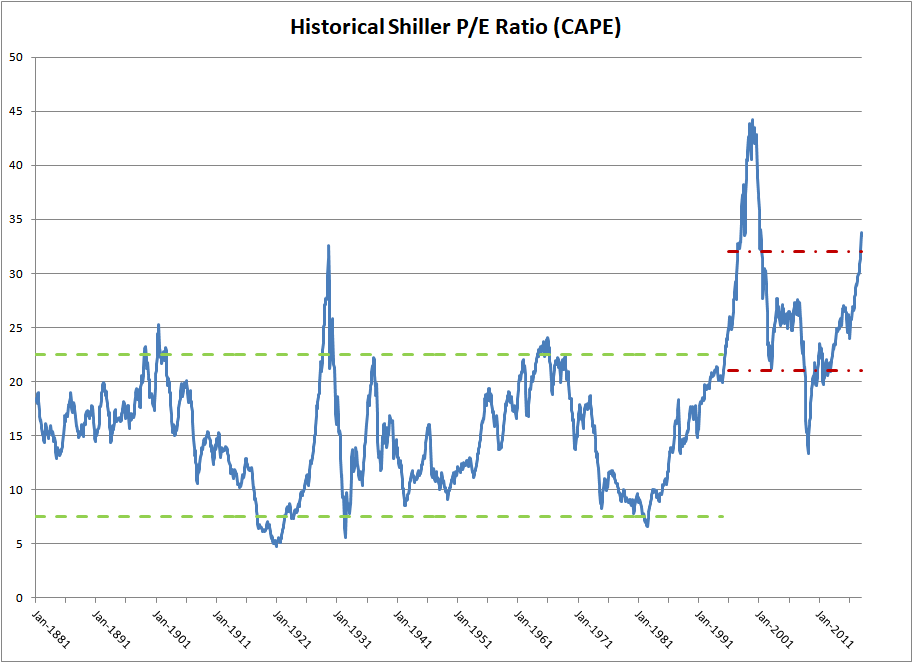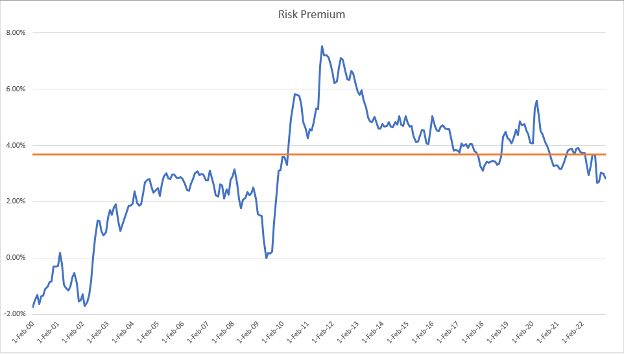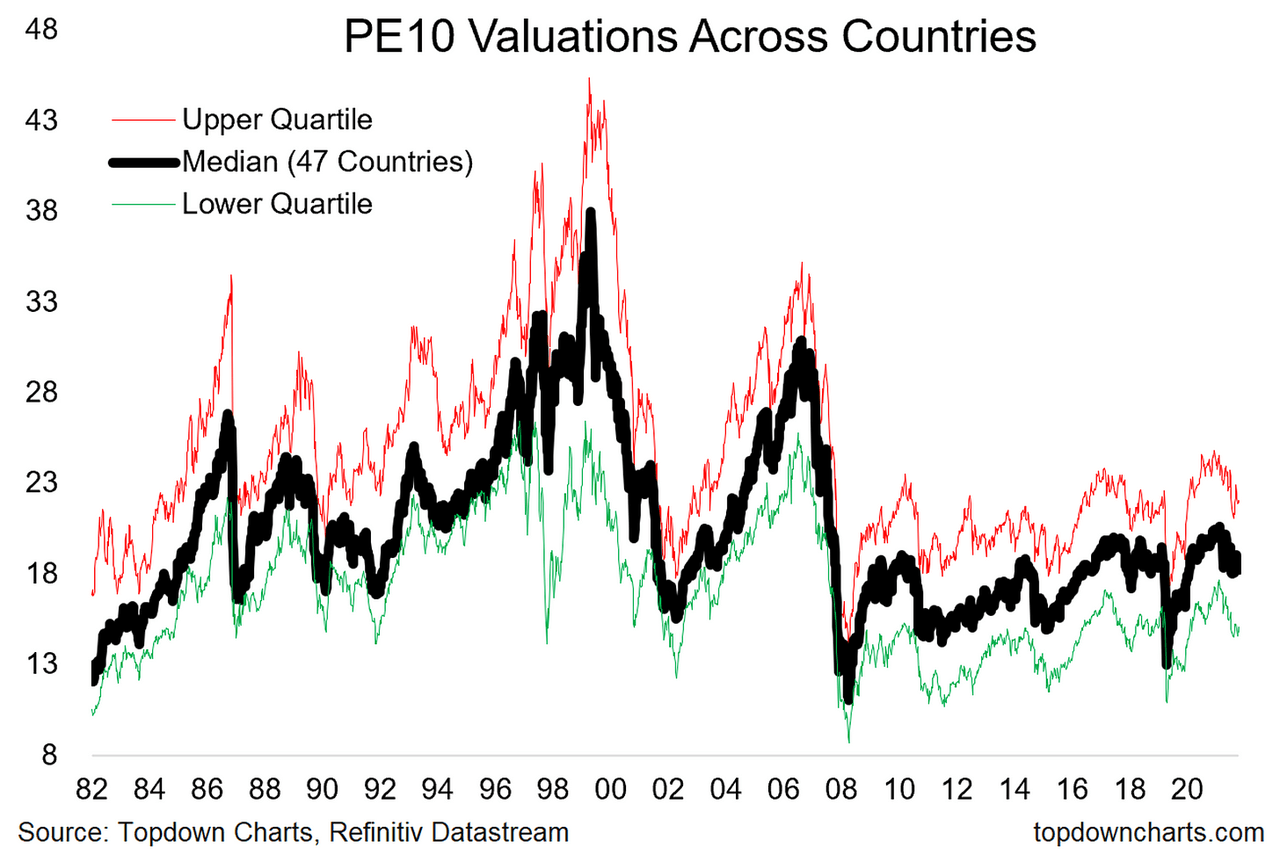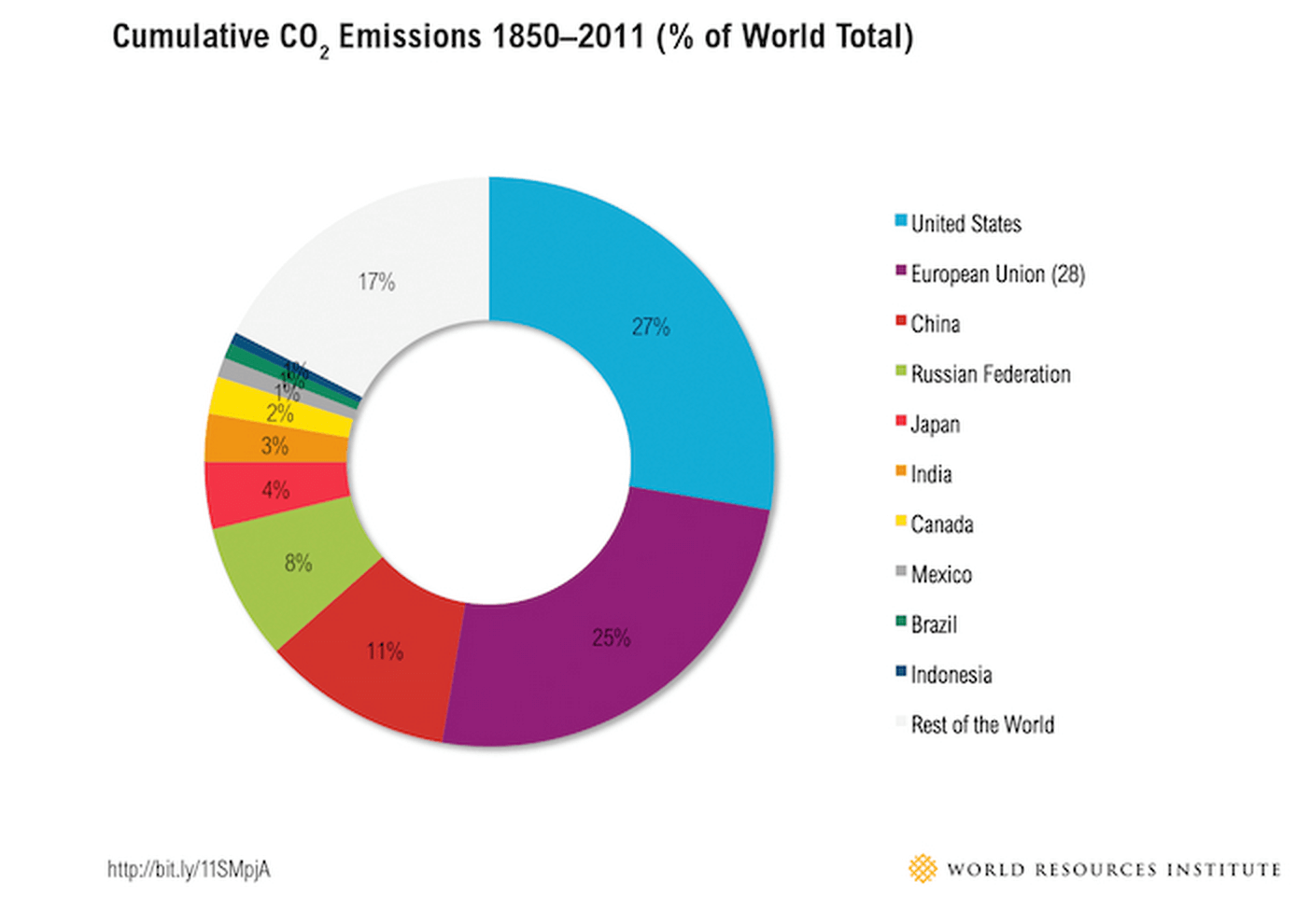Russia's Military Posture: Implications For European Stability

Table of Contents
Nuclear Arsenal Modernization and its Deterrent Effect
Expansion of Nuclear Capabilities
Russia's modernization and expansion of its nuclear arsenal represent a key element of its military posture. This involves developing new delivery systems and increasing the number of warheads, significantly enhancing its nuclear capabilities.
- New weapons systems: The development and deployment of advanced hypersonic missiles, such as the Avangard, and the modernization of its submarine-launched ballistic missiles (SLBMs) like the Bulava, represent significant advancements in Russia's nuclear arsenal.
- Increased deployment of strategic and tactical nuclear weapons: Russia has been steadily increasing the deployment of both strategic (long-range) and tactical (shorter-range) nuclear weapons, enhancing its capacity for both deterrence and potential first-strike capabilities.
- Modernization of submarine-launched ballistic missiles (SLBMs): Improvements in the accuracy, range, and survivability of SLBMs significantly bolster Russia's second-strike capability and its overall nuclear deterrence posture. This modernization effort directly impacts the global balance of power related to Russian nuclear weapons.
These developments raise concerns about the effectiveness of existing strategic arms control agreements and the potential for a new arms race, impacting Russian nuclear weapons' role in global power dynamics.
Implications for Nuclear Deterrence in Europe
The modernization of Russia's nuclear arsenal has profound implications for nuclear deterrence in Europe. The increased sophistication and number of Russian nuclear weapons alters the strategic balance, leading to several concerns:
- Increased risk of miscalculation: The enhanced capabilities might increase the risk of miscalculation or accidental escalation, particularly during crises or military exercises near NATO borders.
- Impact on NATO's nuclear strategy: NATO's nuclear deterrence strategy needs to adapt to the changing threat environment posed by Russia's modernized arsenal, requiring careful recalibration of its own capabilities.
- The role of intermediate-range nuclear forces (INF): The withdrawal from the INF Treaty has further complicated the strategic landscape, allowing both Russia and the US to deploy intermediate-range nuclear missiles, impacting European security.
The potential for escalation and the complex interplay between Russian nuclear weapons and NATO's response necessitate a nuanced understanding of the strategic implications for European security and stability.
Conventional Military Buildup and Regional Power Projection
Military Exercises and Troop Deployments
Russia regularly conducts large-scale military exercises near NATO borders. These exercises, often involving significant troop deployments and advanced weaponry, are viewed by many as demonstrations of military strength and a potential for aggression.
- Examples of significant military exercises: Exercises like Zapad, often involving hundreds of thousands of troops, raise concerns about their scope and proximity to NATO member states.
- Analysis of troop deployments near borders: The concentration of Russian troops and military equipment near NATO borders often coincides with periods of heightened geopolitical tension, contributing to regional instability.
- Military infrastructure development: Russia continues to invest heavily in modernizing its military infrastructure, including building new bases and improving existing ones, furthering its power projection capabilities.
The frequency and scale of these activities contribute to an atmosphere of uncertainty and apprehension among NATO allies, impacting their assessments of Russian military power projection.
Modernization of Conventional Forces
Russia is modernizing its conventional forces through significant investments in new weaponry, improved training, and enhanced logistical capabilities.
- Examples of modernized weaponry: This includes new tanks, armored fighting vehicles, artillery systems, and air defense systems, significantly improving their battlefield effectiveness.
- Improved training programs: Russia is improving the training and readiness of its conventional forces, enhancing their combat effectiveness and operational capabilities.
- Investment in military technology: Significant investments in military technology, including unmanned aerial vehicles (UAVs) and precision-guided munitions, significantly improve Russia’s overall conventional warfare capabilities.
This modernization effort enhances Russia's conventional military capabilities, allowing for more effective power projection and regional influence. The impact of Russian military modernization on the balance of power in Europe is a critical concern.
Cyber Warfare and Information Operations
Russian Cyber Capabilities and Tactics
Russia possesses significant capabilities in cyber warfare and information operations, utilizing these tools to achieve its geopolitical objectives and disrupt its adversaries.
- Examples of past cyberattacks: Past attacks on critical infrastructure in various countries highlight Russia’s capacity to inflict significant damage and disruption.
- Assessment of Russian cyber capabilities: Russia's advanced cyber capabilities and its willingness to employ them in hybrid warfare scenarios make it a significant threat to European stability.
- Impact on critical infrastructure: The potential targeting of critical infrastructure, such as energy grids, financial institutions, and transportation networks, poses a severe risk to European security.
The sophisticated nature of Russian cyber warfare tactics raises serious concerns about the country’s ability to destabilize regions and undermine national security.
Countering Disinformation and Propaganda
Russia employs extensive disinformation and propaganda campaigns to undermine European unity and democratic institutions.
- Examples of disinformation campaigns: These campaigns aim to sow discord, spread false narratives, and manipulate public opinion, eroding trust in democratic processes.
- Strategies for countering misinformation: Effective strategies are needed to identify, expose, and counter Russian disinformation efforts, protecting democratic institutions.
- Strengthening resilience to propaganda: Improving media literacy and critical thinking skills among the population is crucial to building resilience against propaganda and disinformation.
Countering these campaigns requires a multi-faceted approach encompassing media literacy initiatives, fact-checking, and international cooperation to combat media manipulation and protect democratic processes.
Conclusion
Russia's evolving military posture presents a complex challenge to European stability. The modernization of its nuclear and conventional forces, coupled with its aggressive cyber operations and disinformation campaigns, demands a comprehensive and coordinated response from the international community. Understanding the intricacies of Russia's military posture is crucial for navigating the evolving security landscape and maintaining peace in Europe. Continued monitoring of Russia's military actions and strategic objectives is vital for mitigating risks and strengthening European security. Further research into the multifaceted aspects of Russia's military posture is strongly encouraged. By carefully analyzing and addressing the different components of Russia's military posture, we can work towards a more secure and stable Europe.

Featured Posts
-
 Rising Costs Prompt Lynas Rare Earths To Seek Us Funding For Texas Plant
Apr 29, 2025
Rising Costs Prompt Lynas Rare Earths To Seek Us Funding For Texas Plant
Apr 29, 2025 -
 Taking Action After An Adult Adhd Diagnosis
Apr 29, 2025
Taking Action After An Adult Adhd Diagnosis
Apr 29, 2025 -
 Mlbs Pete Rose Ban Trumps Criticism And Promise Of A Pardon
Apr 29, 2025
Mlbs Pete Rose Ban Trumps Criticism And Promise Of A Pardon
Apr 29, 2025 -
 Capital Summertime Ball 2025 A Guide To Ticket Acquisition
Apr 29, 2025
Capital Summertime Ball 2025 A Guide To Ticket Acquisition
Apr 29, 2025 -
 Study Reveals Increased Adhd Rates In Adults With Autism And Intellectual Disability
Apr 29, 2025
Study Reveals Increased Adhd Rates In Adults With Autism And Intellectual Disability
Apr 29, 2025
Latest Posts
-
 Elevated Stock Market Valuations Why Bof A Remains Confident
May 12, 2025
Elevated Stock Market Valuations Why Bof A Remains Confident
May 12, 2025 -
 High Stock Valuations Bof As View And Investor Implications
May 12, 2025
High Stock Valuations Bof As View And Investor Implications
May 12, 2025 -
 Bof A On Stock Market Valuations Why Investors Shouldnt Panic
May 12, 2025
Bof A On Stock Market Valuations Why Investors Shouldnt Panic
May 12, 2025 -
 Stock Market Valuations Bof As Reassurance For Investors
May 12, 2025
Stock Market Valuations Bof As Reassurance For Investors
May 12, 2025 -
 Analyzing Trumps Stance On Cheap Oil Implications For The Energy Sector
May 12, 2025
Analyzing Trumps Stance On Cheap Oil Implications For The Energy Sector
May 12, 2025
